The department of Electronics Communication Engineering provides in depth knowledge to the students about basic principles of Electronics, Communication systems, Electronic circuits,Digital Electronics , Microcontroller Electronics Workshop etc.developed in response to the needs of industry . This course gives advanced level knowledge and skills in the design of Electronics circuits and communication systems.Theory combined with Practical and project work about advanced technology helps students to work at forefront in any of the major areas of Electronics Engineering or to pursue Higher studies with confidence .The Department has a Library ,Student Activity cell and Robotic Club to develop multidimensional personality of students. A blend of committed , highly qualified and experienced academic faculty contribute to achieve academic excellence by providing the best possible education and training to the students.
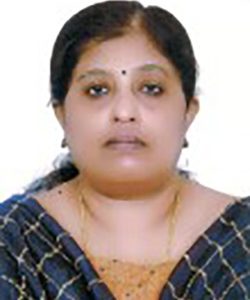
Head of Department
Ms. Bhagyasree Devi
9496806340
bhagyashridevi@gmail.com
Department Profile
| Department Location | Main Block (First Floor) |
| Head of Department | Bhagyasree Devi |
| Address for Communication | Head of Department, Department of Electronics & Communication Engineering, Residential Women’s Polytechnic College, Payyanur – 670307 |
| E-mail ID | |
| Telephone number | 9496806340 |
| Diploma Program (Intake) | Electronics & Communication Engineering (63) |
Department News
ECSA conducted product assembling industrial training collaborative work in association with INMADE embedded technologies.
ECSA conducted Quiz competition as part of National Science Day.
Krishnendhu PP of EC department won Bronze medal at National Arm Wrestling Championship
VISION
To mould skilled women professionals in the field of Electronics and Communication Engineering with creativity , integrity and social commitment.
MISSION
1. Inspire the students to learn and execute challenging tasks by utilizing state of the art technology .
2. Enable the diverse talent and skills of each student to bloom and make them aware of the infinite world of possibilities.
3. Educate the future generation so as to inculcate problem solving skills values and ethics.
4. Instigate leadership qualities and social commitment.
PROGRAM EDUCATIONAL OBJECTIVES (PEO’S)
- To acquire strong knowledge in Basic science ,Mathematics and Electronics engineering to develop solutions for electronics and communication engineering related issues.
- To develop entrepreneurship skills and attain professional excellence through lifelong learning
- To utilize the skills acquired in multidisciplinary environment creatively.
PROGRAM OUTCOMES(PO)
- Basic and Discipline specific knowledge: Apply knowledge of basic mathematics, science and engineering fundamentals and engineering specialization to solve the engineering problems.
- Problem analysis: Identify and analyse well-defined engineering problems using codified standard methods.
- Design/ development of solutions: Design solutions for well-defined technical problems and assist with the design of systems components or processes to meet specified needs.
- Engineering Tools, Experimentation and Testing: Apply modern engineering tools and appropriate technique to conduct standard tests and measurements.
- Engineering practices for society, sustainability and environment: Apply appropriate technology in context of society, sustainability, environment and ethical practices.
- Project Management: Use engineering management principles individually, as a team member or a leader to manage projects and effectively communicate about well-defined engineering activities.
- Life-long learning: Ability to analyse individual needs and engage in updating in the context of technological changes.
PROGRAM SPECIFIC OUTCOMES ( PSO’S)
- Understand Basic and Complex circuits in the field of electronics and communication engineering.
- Use Theoritcal and Practical knowledge acquired to provide effective solutions to related issues in multidisciplinary systems with professional ethics.
- Assemble ,Test, Develop and Analyze innovative electronic circuits.
- Basic Electronics Lab
In this lab students learn basic core skills of circuits assembling and testing in bread board . Modern testing and measurement instruments like CRO,function Generator,multimeter etc are used for training students in designing and developing Electronics circuits . Electronics circuits and systems such as rectifiers ,amplifiers,oscillators analog circuits using Opamps, SCR etc are setup and analysed in this laboratory
Lab in charge: Mr. Manoj kumar P
2. Communication Engineering Lab
In this lab students learn about various equipments used in communication system like AF/RF generator, DSO,frequency counter and acquire practical knowledge in setting up modulators and demodulators of AM/FM
Lab in charge: Mr. Sukhdev K
3. Digital Electronics and Microcontroller Lab
This Lab is equipped with Digital Trainer kits that are used for training students to design and develop digital circuits . Combinational and sequential digital circuits which includes code convertors, flipflop shift register,counters etc. are constructed and analysed . This Lab also has microcontroller training and interface kits to provide practical classes.
Lab in charge: Mrs. Beena M
4. Embedded System and Spice Lab
This Lab is equipped with desktop computers and the related accessories like printer scanner multimedia projector etc. Students are trained in specialized software like MATLAB, VHDL ,PSPICE etc and programming skills are developed.
This lab offers internet facility to staffs and students of department to acquaint them with latest technological developments.
Lab in charge: Mr. Harinarayanan P.
5. Electronics Workshop
Electronic workshop is equipped for providing soldering skills to students .All work related to implementation of design and developing PCB for students Project are carried out in this lab. This Lab is also used for promoting innovative ideas of students besides routine project and practical classes.
Lab in charge: Mr. Chandran P V
| PROGRAMME COORDINATION COMMITTEE (PCC) MEMBERS | a) Mrs. Bhagyashri Devi.
b) Mrs. Beena M. c) Mr. Harinarayanan P |
| INTERNAL QUALITY ASSURANCE CELL (IQAC) MEMBERS | a) Mr. Harinarayanan P
b) Mr. Sukhdev K |
| TUTORS |
a) 2019-2022 Batch- Mrs.Beena M b) 2020-2023 Batch- Mr. Sukhdev c) 2021-2024 Batch- Mr. Harinarayanan P
|
| DEPARTMENT ADMISSION COMMITTEE COORDINATOR | Mr. Sukhdev K. |
| DEPARTMENT STAFF SECRETARY | Mr. Manoj Kumar P |
| IEDC AND STARTUPS COORDINATORS | Mr. Harinarayanan P |
| DEPT. NOTICE BOARDS IN-CHARGE | Mr. Chandran PV |
| DEPT. LIBRARY IN-CHARGE | Mr. Manoj Kumar P |
| ARTS CLUB-CT COORDINATORS | a) Mrs. Beena M
b) Mr. Manoj Kumar P |
| WEBSITE COORDINATOR | Mr. Sukhdev K |
| NBA COORDINATORS | Mr. Sukhdev K |
| ECSA COORDINATOR | Mr. Manoj Kumar P |
| ROBOTICS CLUB COORDINATOR | Mr. Harinarayanan P |
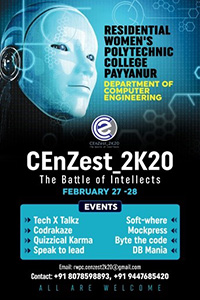
27-02-2020 CENZEST 2K20
Department of Computer Engineering conducted its two days technical fest on 27th and 28th February 2021. Several technical events were organized and students from various Polytechnic colleges took part in the event.
- Curriculum & Syllabus
To access the Curriculum & Syllabus for Revision 15 & Revision 20, visit Academic -> Syllabus -> Diploma – Revision 2015/ Diploma- Revision 2021 in the following link:
https://sitttrkerala.ac.in/index.php?r=site%2Fhome# - Question papers
Visit Academic -> Diploma Model Question Papers in the following link:
https://sitttrkerala.ac.in/index.php?r=site%2Fhome# - Lab Manuals
Visit Academic -> Diploma Lab Manual in the following link:
https://sitttrkerala.ac.in/index.php?r=site%2Fhome#
Meet Our Team
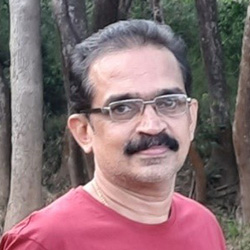
Mr. Harinarayan P
Lecturer
9497006167
hari.peringot@gmail.com
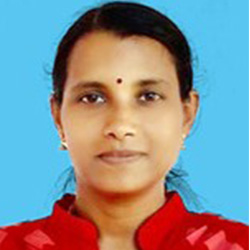
Ms. Raji M P
Lecturer
9447715281
rajimprwpc2021@gmail.com
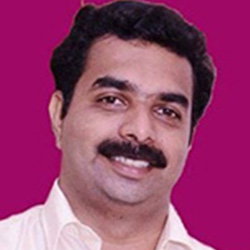
Mr. Sukhdev K
Lecturer
9495461015
sukhdevk1@gmail.com
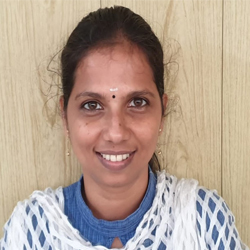
Ms. Ambili R.
Lecturer(Ad-hoc)
9496967890
ambilirathnakaran@gmail.com
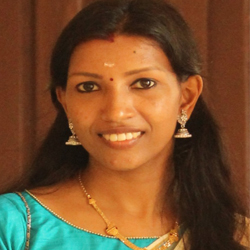
Ms. Nimisha K.P.
Demonstrator
9496733101
nimishakpg@gmail.com

Mr. Manoj K. V.
Demonstrator
9495072806
manojkv85@gmail.com
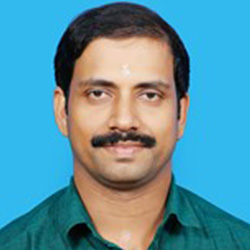
Mr. Manoj Kumar P.
Trade instructor Gr II
9846230531
manojramnivas@gmail.com
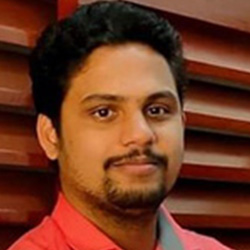
Mr. Ribin Balakrishnan
Tradesman
9497240542
ribinbalu@gmail.com
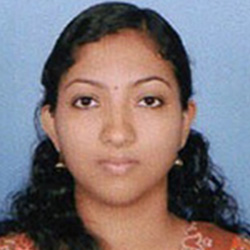
Ms. Vismaya U K
Tradesman
9747934916
vismayauk303@gmail.com
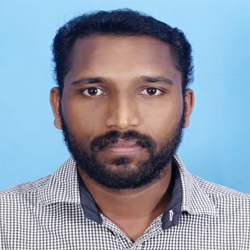
Mr. Sreeraj T.K
Tradesman
9567772030
sreenisreeraj@gmail.com
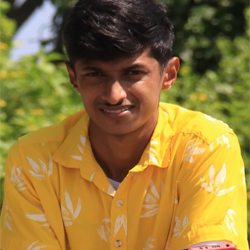
Mr. Abhay Aravind K.V.
Apprentice Trainee
8547136893
abhayaravind4942103@gmail.com












